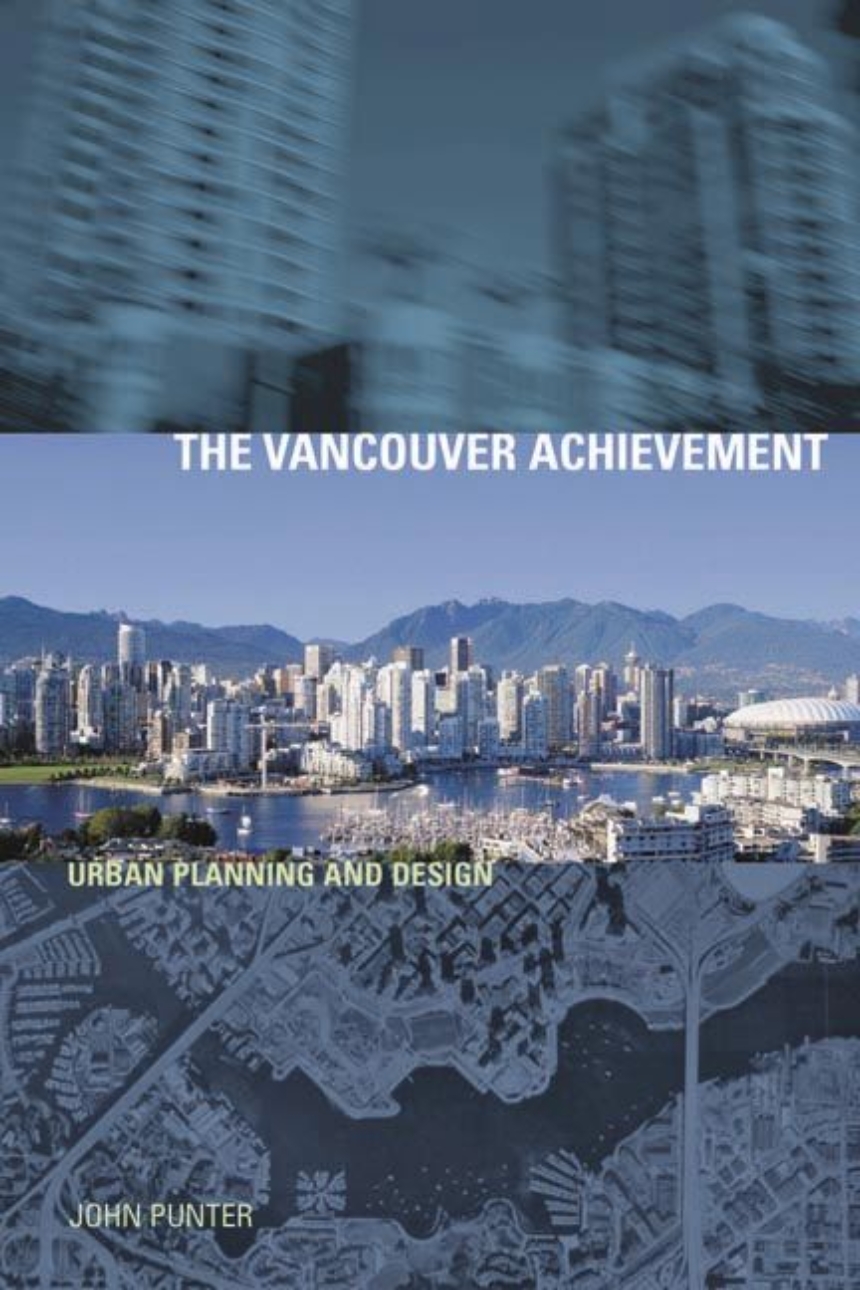Distributed for University of British Columbia Press
The Vancouver Achievement
Urban Planning and Design
The first comprehensive account of contemporary planning and urban design practice in any Canadian city, this book examines the development of Vancouver’s unique approach to zoning, planning, and urban design from its inception in the early 1970s to its maturity in the management of urban change at the beginning of the twenty-first century. By the late 1990s, Vancouver had established a reputation in North America for its planning achievement, especially for its creation of a participative, responsive, and design-led approach to urban regeneration and redevelopment. The Vancouver Achievement explains the evolution and evaluates the outcomes of Vancouver’s unique system of discretionary zoning.
Table of Contents
Acknowledgments
Introduction: Urban Design as Public Policy in North America
1 Introducing Vancouver
Part 1: Setting a New Planning Agenda
2 TEAM and the Reform of Planning, 1972-80
3 Creating a Livable Central Area, 1975-91
Part 2: Designing Neighbourhoods
4 Single-Family Neighbourhoods, 1980-2000
5 CityPlan, 1992-2000 6. Megaprojects on the Waterfront, 1987-2000
7 Downtown Vancouver, 1991-2000
Part 3: Regulating Development and Improving Design
8 Reforming Permit Processing and Development Levies, 1980-2000
9 Discretionary Control and Design Quality, 1997-2000
10 Conclusion: Assessing Vancouver’s Achievement Postscript
Appendices:
1 Awards for planning and design in Vancouver
2 Chronology of key planning initiatives, policy documents, government policies, and politics in the City of Vancouver, 1965-2001
3 Organization charts for the city planning function, 1975-2001
Glossary
References
Figure
Credits
Index

